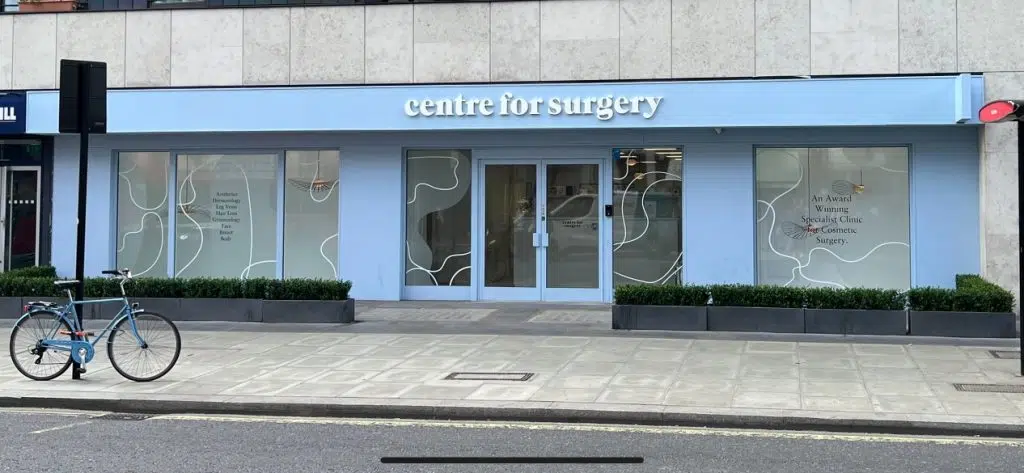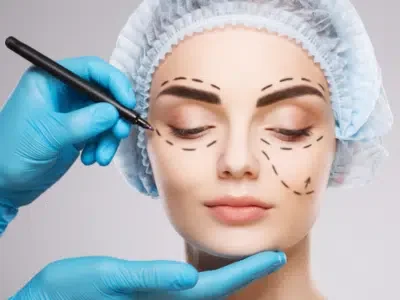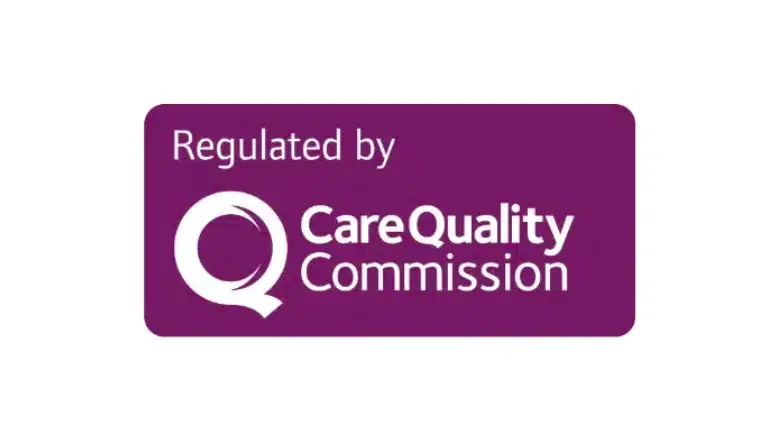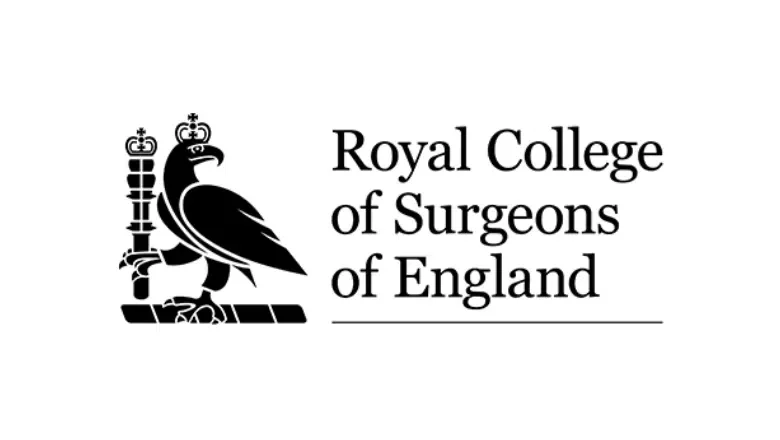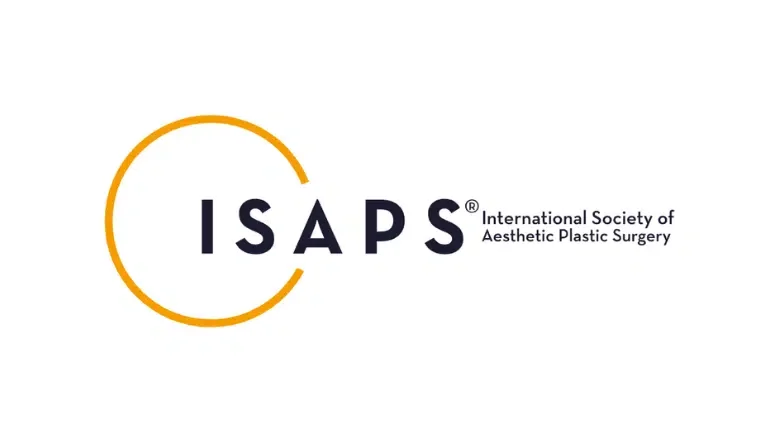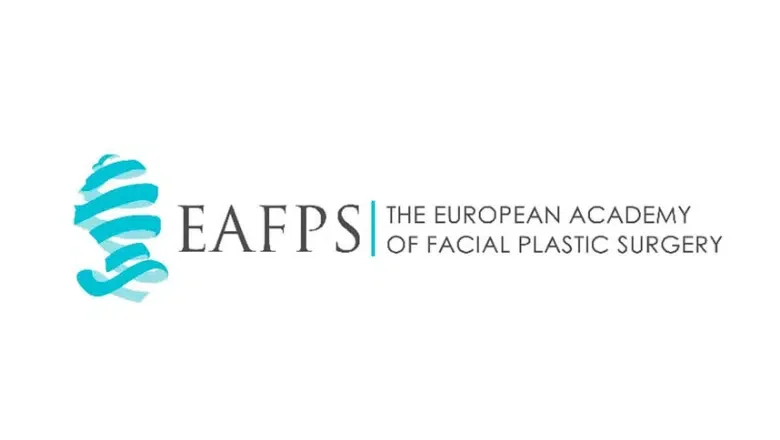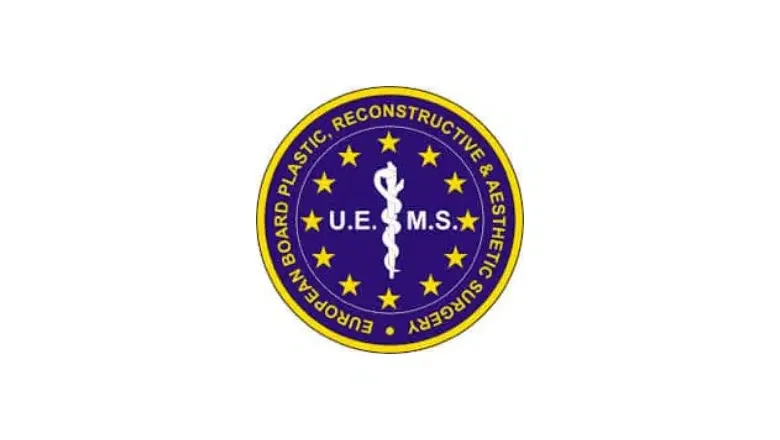Bruising and swelling after eyelid surgery are common side effects and are not a complication of blepharoplasty. Swelling and bruising often appear within a couple of hours after surgery and will be most visible approximately 3 to 4 days after surgery. Swelling will gradually disappear over the next two weeks, although swelling can take up to 6 to 8 weeks to resolve fully. Bruising is quicker to disappear and often takes no more than one or two weeks for full resolution. This should result in minimal impact on your daily activities. The eyelids are highly vascularised structures, so they heal rapidly, which allows people to enjoy the results of surgery within only 3 to 4 weeks after having a blepharoplasty. The healing process involves a certain amount of swelling and bruising, although there are several actions which people can take to reduce these common side effects. It is also important to be aware that certain activities can worsen symptoms of bruising and swelling. Achieving a smooth recovery means following all of your surgeon’s postoperative instructions. If you have any concerns or questions about eyelid surgery recovery, we recommend contacting our dedicated postoperative nursing team.
RELATED: How long is blepharoplasty recovery?
Our specialist consultant plastic surgeons have considerable expertise in providing high standards of medical care before, during, and after eyelid surgery. We pride ourselves on being available for any questions or concerns during recovery. We prefer a proactive approach to postoperative care to ensure early recognition of potential complications after surgery.
RELATED: Is eyelid surgery worth it?
How to reduce swelling and bruising after eyelid surgery
Patients can take several practical steps to reduce swelling after eyelid surgery.
Apply cold packs
Cold packs are useful for reducing post-operative swelling during the first two days after blepharoplasty. However, to avoid causing cold injury to the skin, you should avoid applying cold packs for excessive periods of time. No more than 15 minutes of application followed by 15 minutes without will help protect the skin. The benefits of cold packs are seen during the first few days after surgery.
Maintain head elevation
It would be best if you slept propped up on a couple of pillows to ensure your head is maintained in an elevated position. This will help to reduce swelling in the area around the eyes. Alternatively, you could sleep upright in a reclining chair for 3 to 5 days after surgery.
Wear sunglasses when outside
If you plan to go outside in the early recovery period, it is recommended that you wear dark sunglasses. Excess sun exposure can be a risk factor for prominent scarring. We also recommend wearing sunscreen and a wide-brimmed hat.
Drink plenty of water
Keeping well hydrated after surgery will help accelerate the resolution of any swelling and reduce fluid retention. We recommend drinking a minimum of 2 L of water each day, which will also help flush toxins from the body.
Eat the right foods
Eating the right foods after eyelid surgery will help with healing and recovery. Avoid highly processed foods and reduce salt content, as high salt levels in the diet will increase postoperative fluid retention.
RELATED: Eyelid surgery recovery – top tips
Minimise bruising and swelling – top tips
Reducing bruising and swelling after eyelid surgery also involves avoiding certain activities, and the following should be avoided to prevent potential complications.
Do not smoke
Smoking should be stopped at least four weeks before and after eyelid surgery. Wound healing is affected by smoking and could increase the risk of wound breakdown. All tobacco products should be avoided, and we would also recommend the avoidance of vaping and nicotine replacement products to ensure post-operative bruising disappears quickly after surgery.
Avoid applying makeup too early
Applying makeup immediately after surgery could increase the risk of wound infection and affect the healing of the incisions. Certain types of makeup may be associated with localised inflammation of the skin, which can result in excessive scarring. You should avoid applying any makeup until the eyelid surgery incisions have fully healed. Only brand-new makeup should be applied after surgery.
Avoid strenous exercise
Intense exercise carried out too soon after surgery could increase post-operative swelling and lead to wound-healing complications. We advise against any formal vigorous exercise for at least six weeks after surgery. Exercise is highly beneficial for health, although starting too soon after surgery is not a good idea.
Do not wear contact lenses
Patients should wear glasses after eyelid surgery as contact lenses are associated with an increased risk of corneal irritation.
Avoid blood thinner medication
Certain types of medications which thin the blood, such as aspirin and non-steroidal anti-inflammatory drugs, should be avoided for at least ten days before surgery as they are associated with an increased risk of bleeding. If you would like to take pain relief, paracetamol is usually recommended by your surgeon.
Blepharoplasty recovery FAQs
How long does it take for swelling to disappear after eyelid surgery?
Depending on the procedure, you should expect to have swollen eyelids for at least three weeks after surgery. It may take up to six weeks for all swelling to disappear.
What is the best way to reduce swelling after upper eyelid surgery?
You should apply cold packs during the first three days after surgery to reduce swelling and avoid smoking for at least four weeks before and after surgery. Certain types of medication that thin the blood should be avoided to reduce the risk of excessive bleeding. It is important to keep well hydrated and eat foods that are low in salt. Contact lenses should be avoided, and make-up should not be worn until the incisions are fully healed.
Is it normal to have bruising and swelling after eyelid surgery?
Swelling and bruising are common side effects of eyelid surgery and are not postoperative complications.
When is the best time to apply scar cream after eyelid surgery?
Once the eyelid incisions have fully healed by four weeks, scar gel or cream can be applied and should be massaged using gentle pressure to optimise the appearance of the blepharoplasty scars.
How long should I apply cold packs after eyelid surgery?
Cold packs should be used during the first three days after surgery. To avoid cold injury to the skin, they should not be applied for more than 15 minutes at a time. A 15-minute rest should be used between applications.
Can I take ibuprofen to reduce eyelid swelling?
Non-steroidal anti-inflammatory drugs such as ibuprofen are not recommended after eyelid surgery as they may increase the risk of bleeding. Consult your surgeon if you develop pain after eyelid surgery, and an appropriate painkiller can be prescribed.
Why choose Centre for Surgery for eyelid surgery?
Centre for Surgery is the leading cosmetic surgery clinic in London and is home to some of the best consultant plastic surgeons in the UK. Our surgeons have considerable expertise in performing all types of eyelid surgery, including upper blepharoplasty and lower blepharoplasty, for natural-looking results. This helps patients to achieve a significant boost in self-confidence and emotional well-being. Our state-of-the-art Baker Street clinic in Marylebone is highly regarded as a specialist centre for all types of facial plastic surgery. Our practice philosophy is focused on achieving fantastic patient outcomes by providing the highest standards of medical care before, during and after your procedure. Our specialist team of patient coordinators are available to act as your point of contact throughout your journey with us at Centre for Surgery in London. Call us today on 020 7993 4849 or complete the contact form below to schedule an in-person consultation at our plastic surgery clinic in London.
RELATED: What are hooded eyes?

